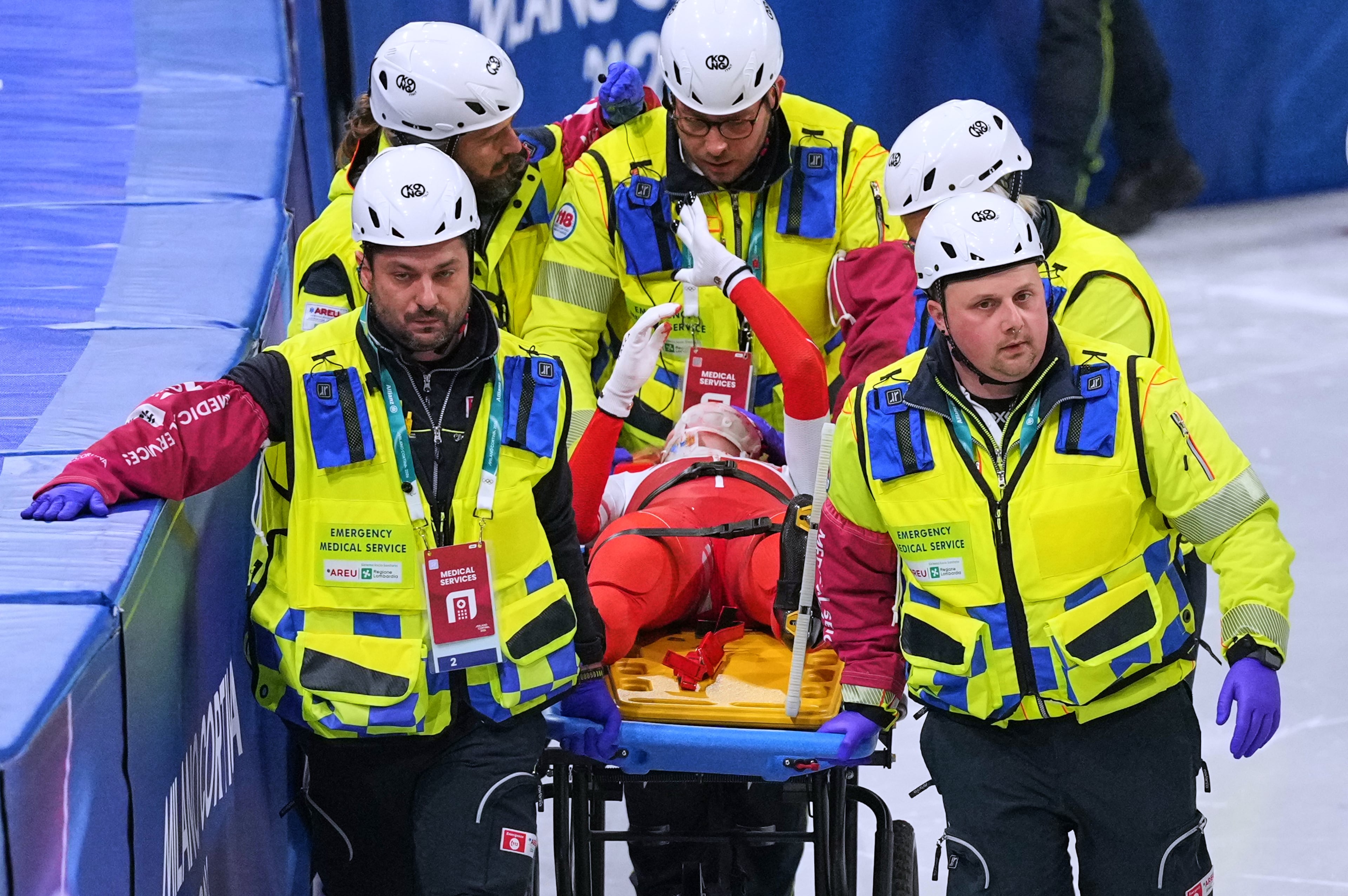NSA leaker seeks asylum in Russia
White House reaction
The White House criticized Russia for allowing activists to meet with National Security Agency leaker Edward Snowden at Moscow’s airport.
Spokesman Jay Carney said Friday’s meeting amounted to a “propaganda platform” for the man the Obama administrations wants Russia to return to the U.S. to face multiple charges of leaking classified information.
Carney said the meeting runs counter to the Russian government’s declarations of neutrality in the matter and statements that it has no control over Snowden’s presence at the airport. Snowden is believed to have been in the Moscow airport’s transit zone since June 23, when he arrived from Hong Kong. He left the U.S. for Hong Kong before his revelations were made public.
The State Department used similar language to express its disappointment over the meeting.
Associated Press
Edward Snowden emerged from weeks of hiding in a Moscow airport, saying Friday that he wants asylum in Russia before moving on to Latin America.
Snowden also assailed U.S. surveillance programs, calling them illegal and immoral, during a meeting with a dozen Russian officials and rights activists.
The developments cleared up uncertainty about where the former National Security Agency systems analyst is, but left open the big question: What comes next?
Snowden said he was ready to meet President Vladimir Putin’s condition that he stop leaking secrets if it means Russia would give him shelter that could eventually help him get to Latin America. There was no immediate response from Putin’s office, but speakers of both houses of the Kremlin-controlled parliament spoke in support of Snowden’s plea.
Vyacheslav Nikonov, a senior lawmaker with the main Kremlin party, described Snowden as “a bit nervous but smiling” and noted his “perfect haircut.” He said that when asked to describe his stay at Moscow’s Sheremetyevo airport, Snowden answered with one word: “Safe.”
Snowden is believed to have been stuck in the airport’s transit zone since his arrival on June 23 from Hong Kong, where he had gone before his revelations were made public. He booked a seat on a Cuba-bound flight the next day, but did not get on the plane and had remained out of the public eye until Friday.
Putin has said Snowden stayed in the transit zone and thus technically didn’t cross the Russian border. He also insisted that Russian special services haven’t contacted the NSA leaker — a claim that drew skeptical winks from some security analysts who noted that Russian intelligence agencies would be all too eager to learn the secrets in his possession.
Sergei Nikitin of Amnesty International’s Moscow office said that plainclothes men who looked like officers of Russian special services attended the meeting, which was held in a cordoned section of a corridor. The exact location was unclear as hundreds of journalists were left in a hallway outside the meeting area, behind a gray door marked “staff only.”
Nikitin said participants were asked not to take photos and video. “Snowden himself requested that, saying his pictures would give too much information to the U.S. special services,” Nikitin said.
Human Rights Watch’s Tanya Lokshina posted a photo of Snowden at the gathering on her Facebook page, the first new image of him since the Guardian newspaper broke the story of widespread U.S. Internet surveillance based on his leaks.
In an opening statement released by the secret-spilling group WikiLeaks that adopted his case, Snowden said he wanted to accept all asylum offers and travel to the countries that have made them “to extend my personal thanks to their people and leaders.”
He also denounced the United States for what he said was pressuring its allies to block him from their airspace. Snowden could be hoping that Washington would not risk trying to block a flight he was on if he had Russian asylum.
In the short term, he could also be seeking asylum in Russia simply as a way to get out of the airport and move freely.
Snowden defended his leaks, saying the “massive, pervasive” U.S. surveillance he disclosed violated the U.S. constitution and many statutes and treaties. He shrugged off the Obama administration’s argument that the surveillance was permitted by secret court rulings, saying “the immoral cannot be made moral through the use of secret law.”
He told meeting participants that he already has accomplished what he intended and thus sees no problem in agreeing to Putin’s condition that he stop leaking.

